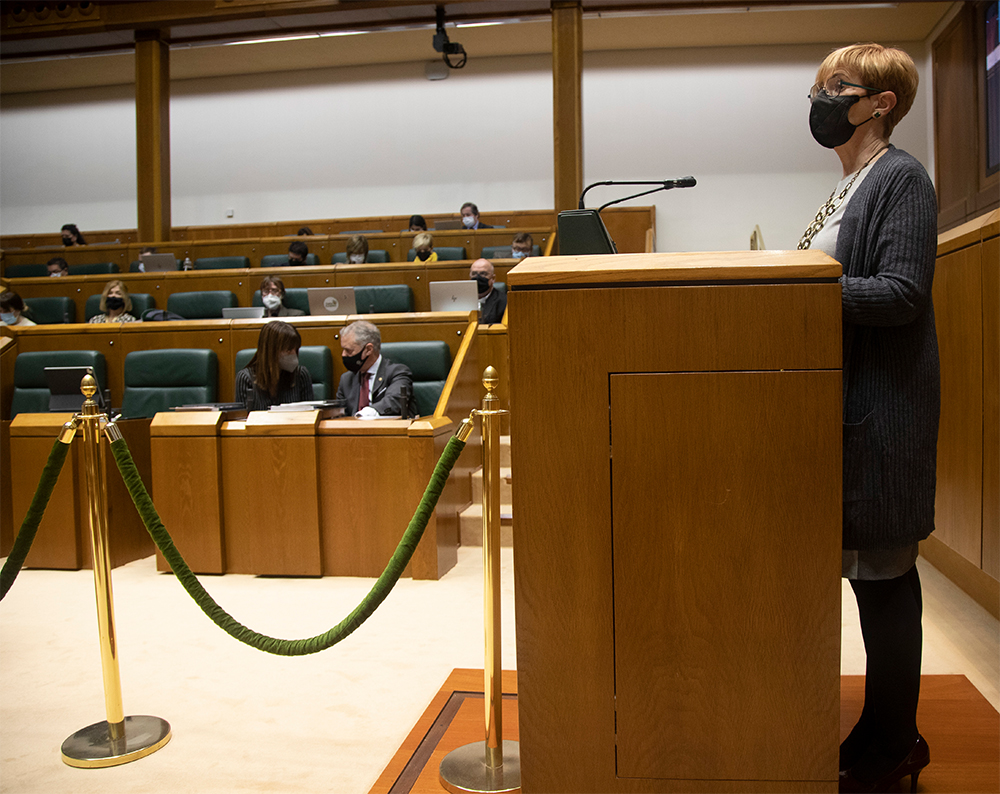

It is well known that the question of competition is crucial in the economic field. It says that it determines the distribution of powers. And if we are more demanding, we can say that it also establishes who has the power and therefore who does not exercise it. The main competences have been reserved by the States, but capital has the power to decide on the economic model, not the Basque workers.
There is less talk of the internal importance of the issue and the knot is not small. If we take into account Euskal Herria, one of the paths for the elaboration of national policies is the development of policies designed to ensure our future in the three administrative territories. We have the real opportunity to structure the Basque Country as an economic and social space and to promote a model that faces the systemic crisis. Currently, the main problem is the lack of will, but if you like, the allocation of competences in the CAPV would be a major obstacle.
This system allows the Basque Government to escape from the debate on the central issue. We can make a similar reflection on taxation
A major national challenge is to think of a model and build a system that reorganizes surveillance tasks. And it is a problem, of course, because we now have a system that places too many burdens and too few means on peoples, which makes the differences between countries ever greater. This system allows the Basque Government to escape from the debate on the central issue. We can make a similar reflection on taxation.
Every time we have asked to release the knot through political and social debate, we have turned to the wall. And, look, Tapia has taught us that the wall is just for us. The will of the Government through an ordinary law, which has no other support, has enabled the economic power to modify to its own benefit the system of competences to date.